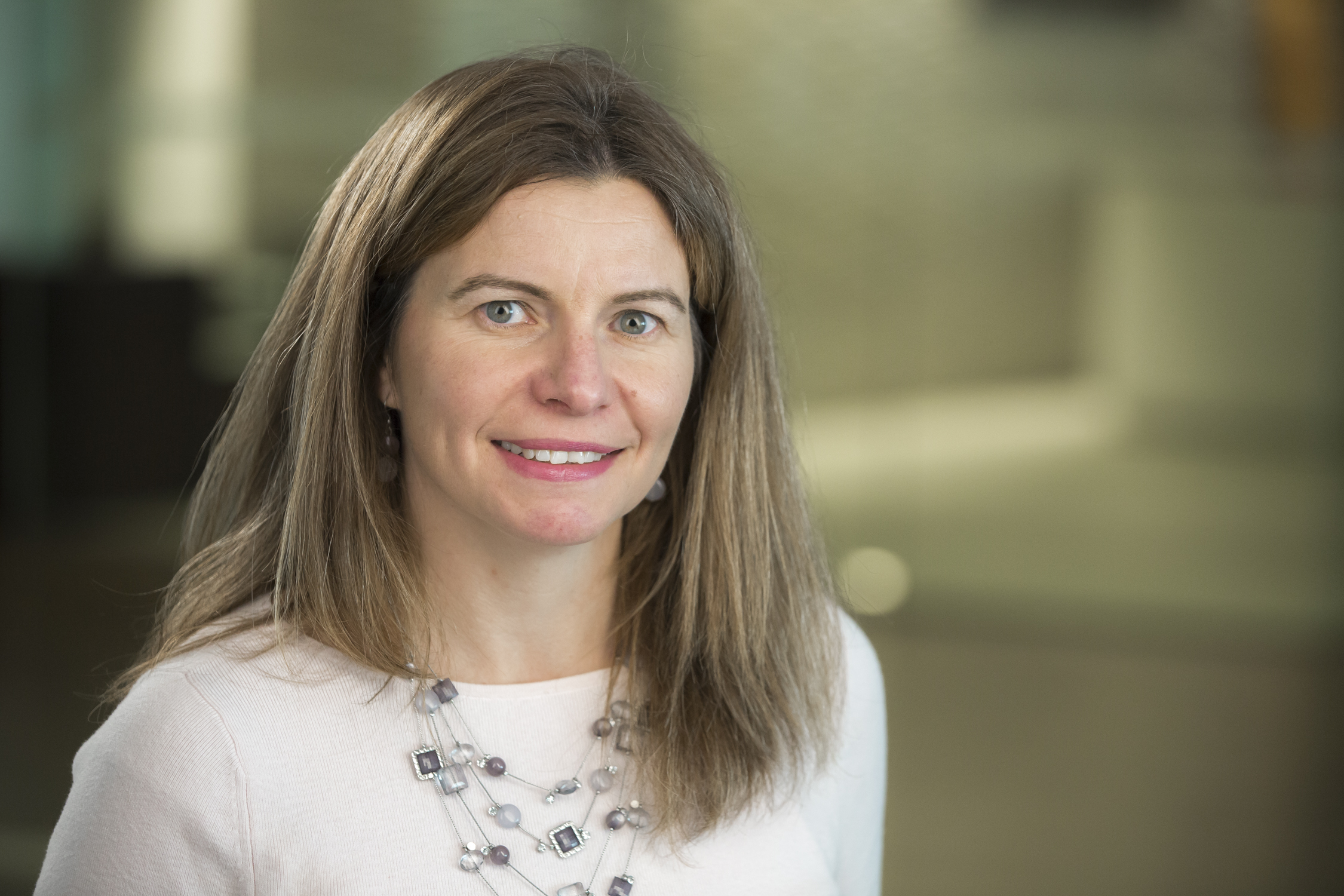Dr. Sara Fernandez, PhD, is chairing the VLAB panel Breakthroughs in Diabetes on Tuesday, Feb. 26 at the Stanford Faculty Club. I was lucky enough to spend a few minutes with this prominent Silicon Valley “woman in STEM” (science, technology, engineering and mathematics) to get her take on the artificial pancreas — which she describes as almost within reach —, what it’s like to do postdoctoral work at Stanford University, and whether or not living to 100+ years old makes sense.
Michelle: What is your day job?
Sara: I recently started advising a digital health company that is connecting patients, families, and providers to collaborate in the execution of care plans. Healthcare is being transformed right now thanks to digital tools and I love being in the middle of it.
Michelle: Robots in healthcare: thumbs up or thumbs down? What does the future hold for automation in the curing and caring business?
Sara: I am not an expert, but in healthcare as in everything, there is a trend towards standardization and automation. This does not mean the replacement of doctors, but careful analysis to determine where and when machines may do a better and more efficient job, so we can keep doctors where their impact is greater.
Michelle: You’ve done “post-doc” work at Stanford U. What was your takeaway from the experience?
Sara: Stanford had a great influence on my professional life. Up until that point, I had been surrounded by scientists, and that was my only frame of reference with respect to my professional options. While I was doing my post-doc, there were talks at science departments given by venture capitalists, business development people, patent lawyers, which expanded the potential options and place science in a much richer context.
Michelle: What was your first VLAB event and what made you decide to chair a panel?
Sara: While exploring what would be my next chapter, I started attending VLAB planning events. The target audience (entrepreneurs and investors) was the one I was interested in. Planning an event is a way of giving back to a great organization (I had been attending some of their other public events) and an opportunity to develop some skills (event planning) that I didn’t have before.
Michelle: What is your philosophy of life and/or work?
Sara: Enjoy both (work and life outside work) to the fullest. I like to enjoy my hours at work as much as my hours outside of work. If you find the right professional activity and people to work with, I think it is possible.
Michelle: Extending the life span always comes up in these types of panel discussions. Looking out 50 years from now, how long will people live? Will living to 100 or 150 be common?
Sara: I think that time will continue to increase disparities in healthcare. Living to 100 may be common to people that have access to healthcare, good nutrition and time to exercise. With age, there is an increase in the prevalence of chronic conditions. Maybe extending life past 100 should not be a goal, at least not until we can ensure a good quality of life for most at 80 or 90.
Michelle: In the Breakthroughs in Diabetes event description, the concept of an artificial pancreas is mentioned. Can you explain the importance of this device to a layman/woman. How far companies are in the development of it?
Sara: Our pancreas is able to regulate the levels of glucose in the blood (both lows and highs) really well by releasing different hormones. The artificial pancreas aims to do that. As to how close we are to one, I think people should come to the talk and find out!
The moderator of Dr. Fernadez’s diabetes cure development panel is Amy Tenderich, Founder and Editor-in-Chief, DiabetesMine. Panelists include Jeffrey Brewer, Founder and CEO, Bigfoot Biomedical, Eugene Brandon, Senior Director of Strategic Relations, ViaCyte, Joel Goldsmith, Senior Director, Digital Platforms, Abbott Diabetes Care and Divya Gopisetty, Associate, The diaTribe Foundation.
Visit this link for tickets to the Feb. 26 event.
###
Michelle McIntyre, a Silicon Valley PR consultant and IBM vet is VLAB’s blogger. She loves to write about how science and technology are changing the way we work and live. @FromMichelle on Twitter
Follow VLAB too @VLAB. Photo credit: Sara Fernandez
